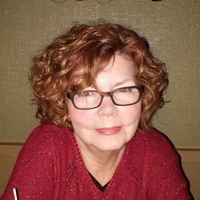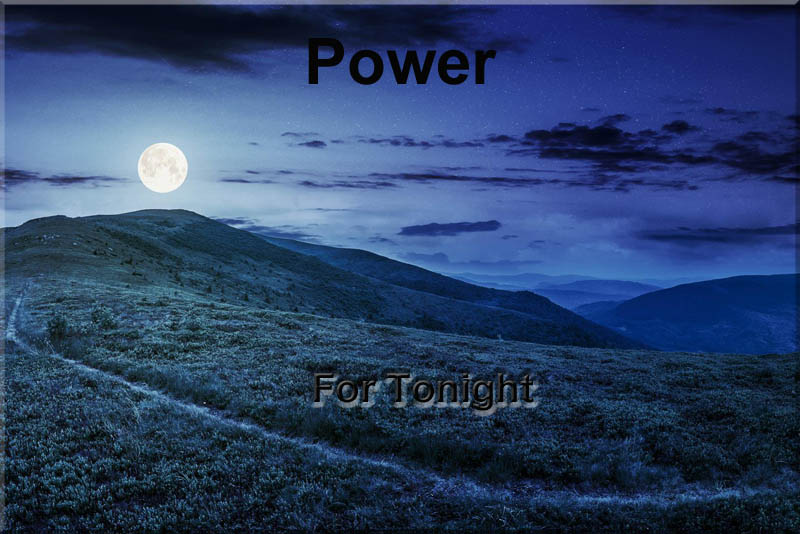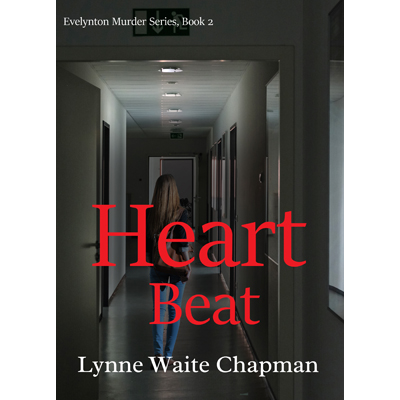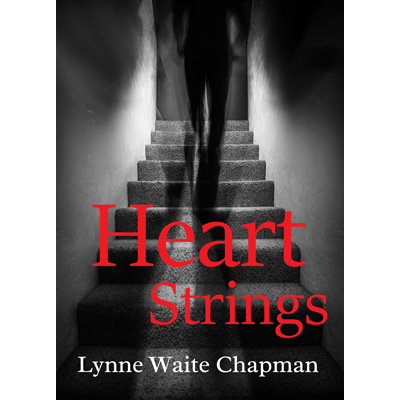Psalm 1 - The Choice
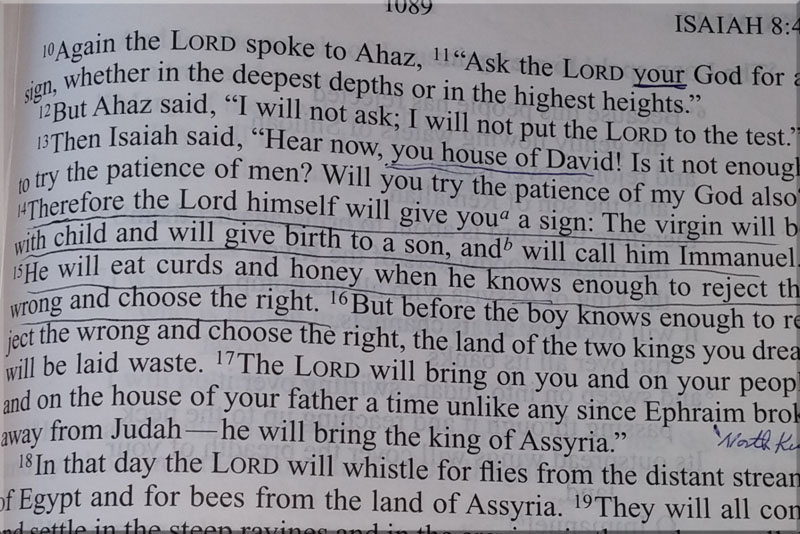
The Book of Psalms, in the Bible, is a collection of 150 prayers, poems and hymns written over a span of many centuries. The book opens with a psalm that describes two ways to live. The path of the righteous. The person who is Blessed. This person is made right with God by the sacrifice and resurrection of Jesus Christ. He loves the Lord and follows His law,
And the path of the wicked - anyone, no matter how good or well intentioned, who does not trust in the Savior. He does not follow God’s word. He relies on himself and leads a life directed by his own passions and desires.
Psalm 1 verse 1 begins “Blessed is the man…” This ‘blessed’ may mean more than what we typically think of. It is more than being lucky and getting what we want. It means more than being happy. It is the peace of knowing that we are in God’s care whatever the circumstances might be. This blessed person has the inner joy that comes from knowing God in a personal way.
The verse continues “who does not walk…stand…sit” There is a picture of progression here. Isn’t this the way that we get into sin? We casually walk where we know we shouldn’t be. Maybe we are with friends and we want to fit in. Something that we know we should have nothing to do with catches our attention so we stand and look at it. Before we know it, we are sitting and participating. We have made ourselves at home there. The psalm says, “Blessed is the person who does not do this.”
Verse 2 describes the habits of this blessed person. He delights in God’s law. Delight means gladden, thrill, excite, or fill with joy. It is his delight to know God’s word. It is not a chore that someone said he must do or he ought to do. He meditates on it, studies it, thinks about it day and night.
In verse 3 this blessed person is like a tree firmly planted by water. He is safe. A tree that is firmly planted is not likely to fall or get uprooted in the next storm. He is near water. There is always a fresh supply of nutrition - no wilted leaves. This man prospers. The psalm says that the tree yields fruit in its season. The person who delights in God’s word and meditates on it will be successful. His work will produce results – “in its season.” Work pays off and prayers are answered, maybe not immediately, but in God’s timing--the right time.
In verse 4 the psalmist turns to the wicked - those who do not have a relationship with God. These people do not meditate on or follow God’s word, so they live according to their own rules. They are likened to chaff that the wind carries away. When grain is winnowed, it is tossed up into the air. The meat of the grain – the part that is usable for food – falls to the floor. The chaff – the husk of the grain that is not good for anything - blows away in the wind.
Verse 5 says that the righteous and the wicked will not stand together before God. The judgment of the righteous will be for rewards due them according to their work for the Kingdom. The wicked will be judged because of their unbelief.
Not all church members are truly believers. They may stand with believers in this world but God will separate them in the end. It doesn’t matter how many good deeds they rang up or how hard they have tried to look like His children, God knows His own.
Verse 6 assures the reader that God watches over His children. He knows each one personally. He knows what guides their decisions and what road map they use to direct their lives. He knows the fruit that they produce – eternal fruit or chaff.
It seems fitting that the first psalm in the Book of Psalms speaks of the two paths. Anyone who wants to study the book and receive its inspiration and wisdom must first decide which path he will take.
Reading, just for fun.

And the path of the wicked - anyone, no matter how good or well intentioned, who does not trust in the Savior. He does not follow God’s word. He relies on himself and leads a life directed by his own passions and desires.
Psalm 1 verse 1 begins “Blessed is the man…” This ‘blessed’ may mean more than what we typically think of. It is more than being lucky and getting what we want. It means more than being happy. It is the peace of knowing that we are in God’s care whatever the circumstances might be. This blessed person has the inner joy that comes from knowing God in a personal way.
The verse continues “who does not walk…stand…sit” There is a picture of progression here. Isn’t this the way that we get into sin? We casually walk where we know we shouldn’t be. Maybe we are with friends and we want to fit in. Something that we know we should have nothing to do with catches our attention so we stand and look at it. Before we know it, we are sitting and participating. We have made ourselves at home there. The psalm says, “Blessed is the person who does not do this.”
Verse 2 describes the habits of this blessed person. He delights in God’s law. Delight means gladden, thrill, excite, or fill with joy. It is his delight to know God’s word. It is not a chore that someone said he must do or he ought to do. He meditates on it, studies it, thinks about it day and night.
In verse 3 this blessed person is like a tree firmly planted by water. He is safe. A tree that is firmly planted is not likely to fall or get uprooted in the next storm. He is near water. There is always a fresh supply of nutrition - no wilted leaves. This man prospers. The psalm says that the tree yields fruit in its season. The person who delights in God’s word and meditates on it will be successful. His work will produce results – “in its season.” Work pays off and prayers are answered, maybe not immediately, but in God’s timing--the right time.
In verse 4 the psalmist turns to the wicked - those who do not have a relationship with God. These people do not meditate on or follow God’s word, so they live according to their own rules. They are likened to chaff that the wind carries away. When grain is winnowed, it is tossed up into the air. The meat of the grain – the part that is usable for food – falls to the floor. The chaff – the husk of the grain that is not good for anything - blows away in the wind.
Verse 5 says that the righteous and the wicked will not stand together before God. The judgment of the righteous will be for rewards due them according to their work for the Kingdom. The wicked will be judged because of their unbelief.
Not all church members are truly believers. They may stand with believers in this world but God will separate them in the end. It doesn’t matter how many good deeds they rang up or how hard they have tried to look like His children, God knows His own.
Verse 6 assures the reader that God watches over His children. He knows each one personally. He knows what guides their decisions and what road map they use to direct their lives. He knows the fruit that they produce – eternal fruit or chaff.
It seems fitting that the first psalm in the Book of Psalms speaks of the two paths. Anyone who wants to study the book and receive its inspiration and wisdom must first decide which path he will take.

You Should Also Read:
The Fruit of te Spirit
Eight Things God Loves
Seven Things That Make God Mad

Related Articles
Editor's Picks Articles
Top Ten Articles
Previous Features
Site Map
Follow @LynneChapman
Tweet
Content copyright © 2023 by Lynne Chapman. All rights reserved.
This content was written by Lynne Chapman. If you wish to use this content in any manner, you need written permission. Contact Lynne Chapman for details.


